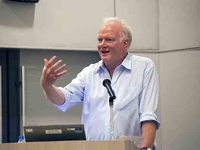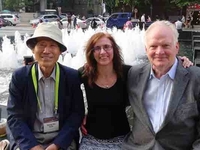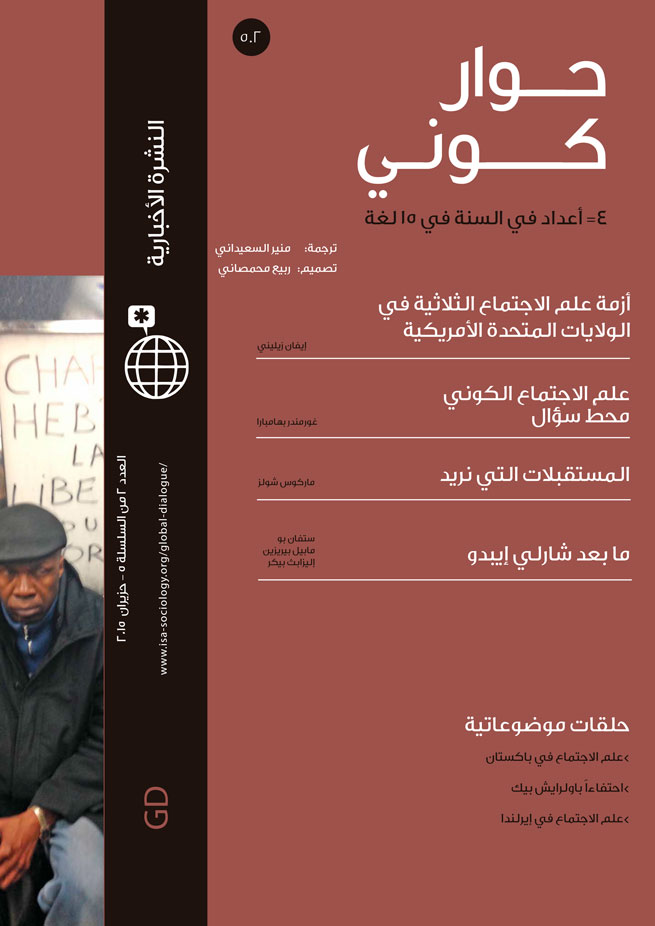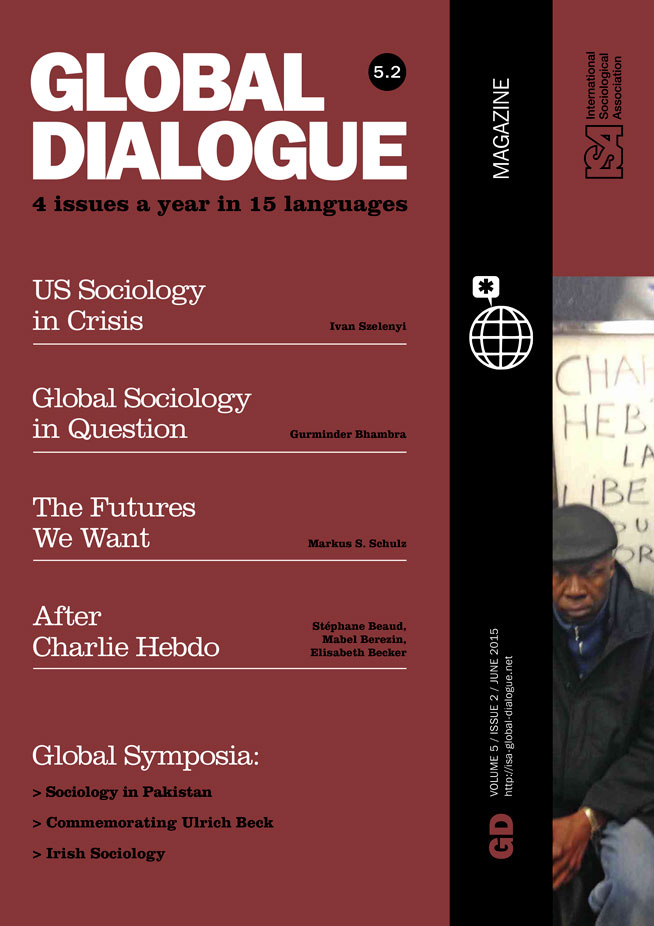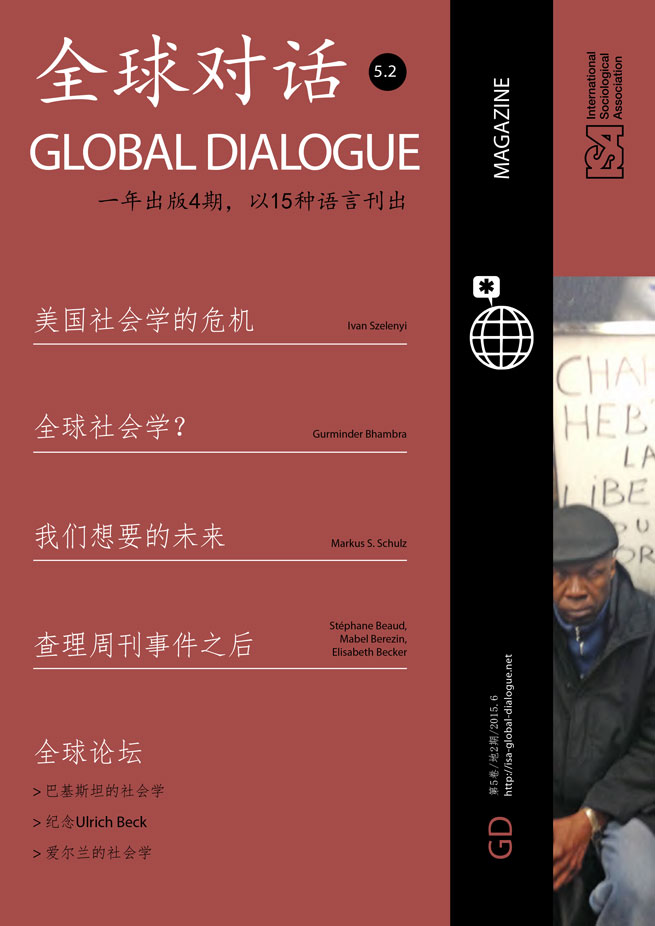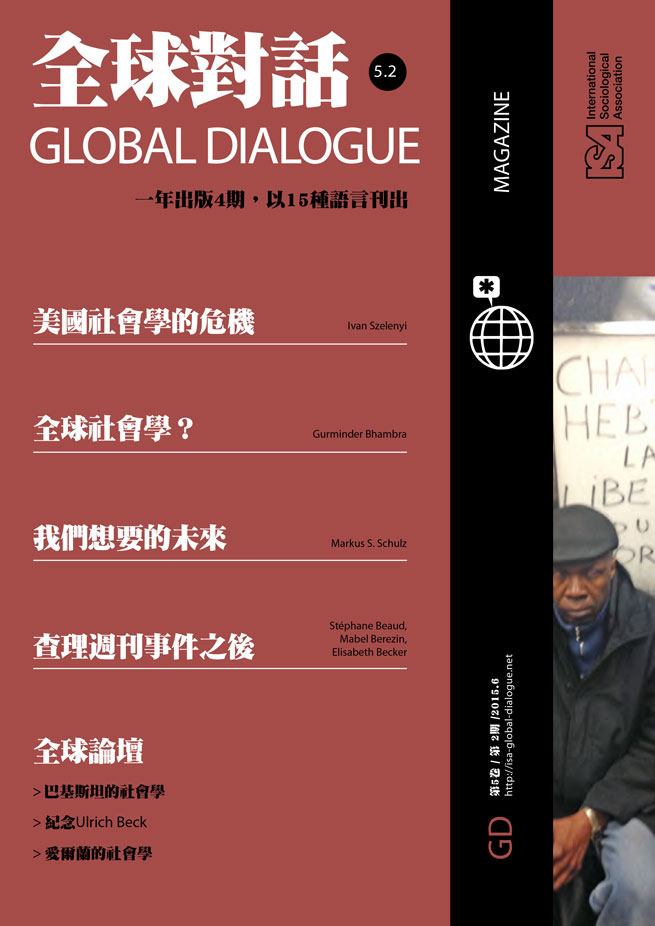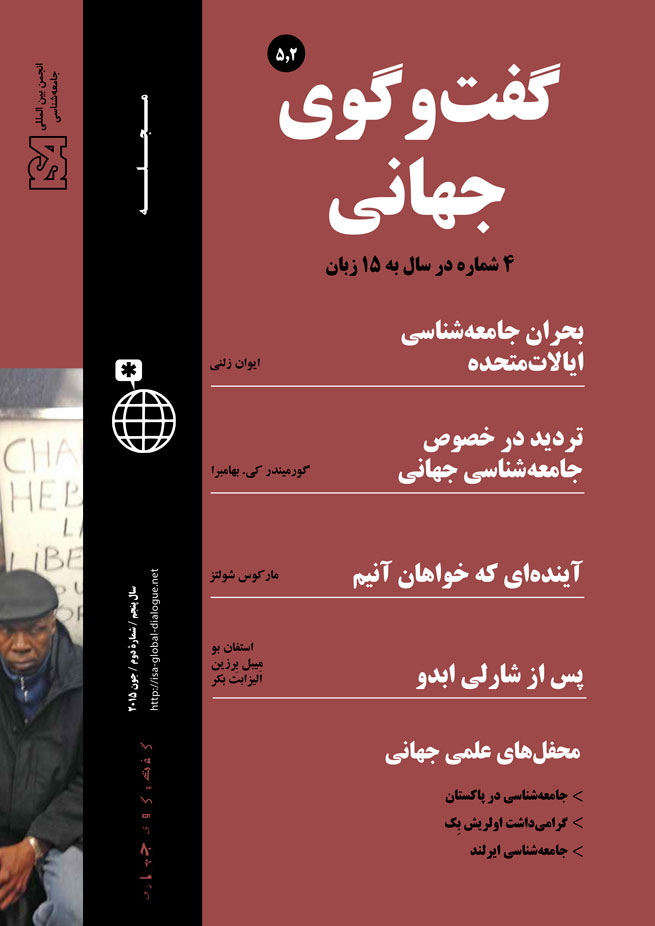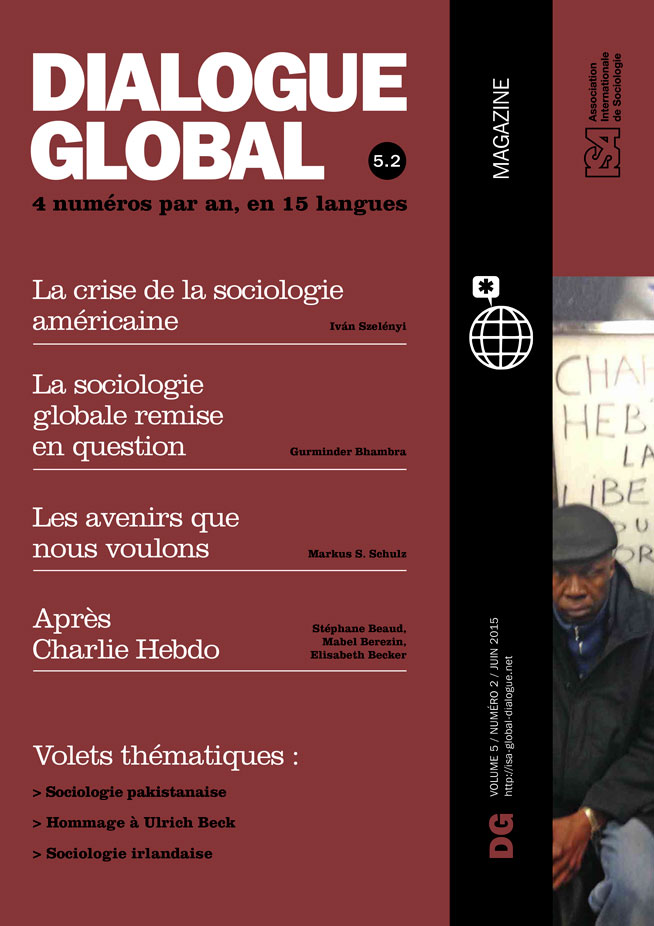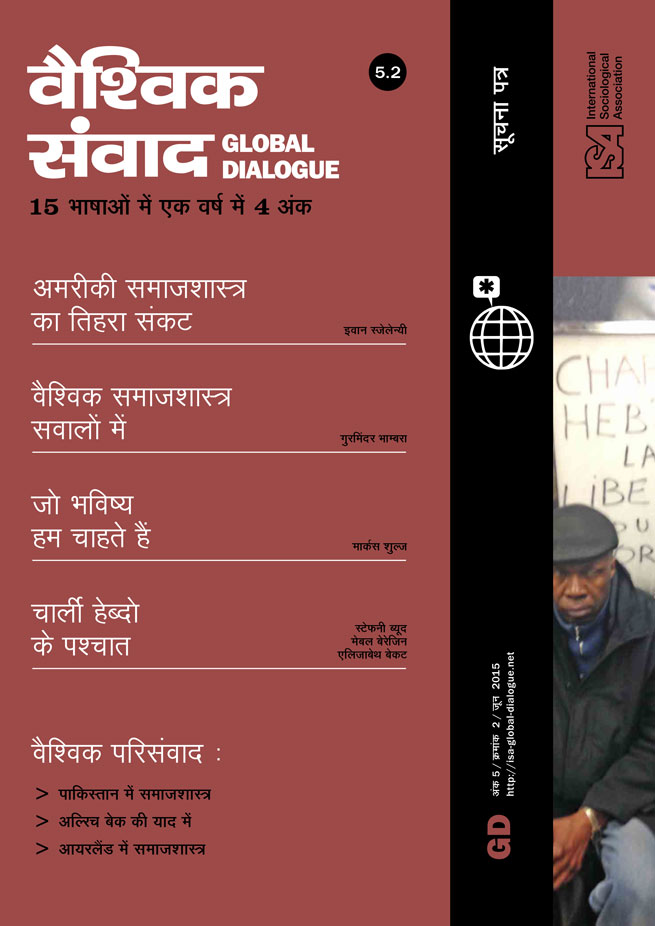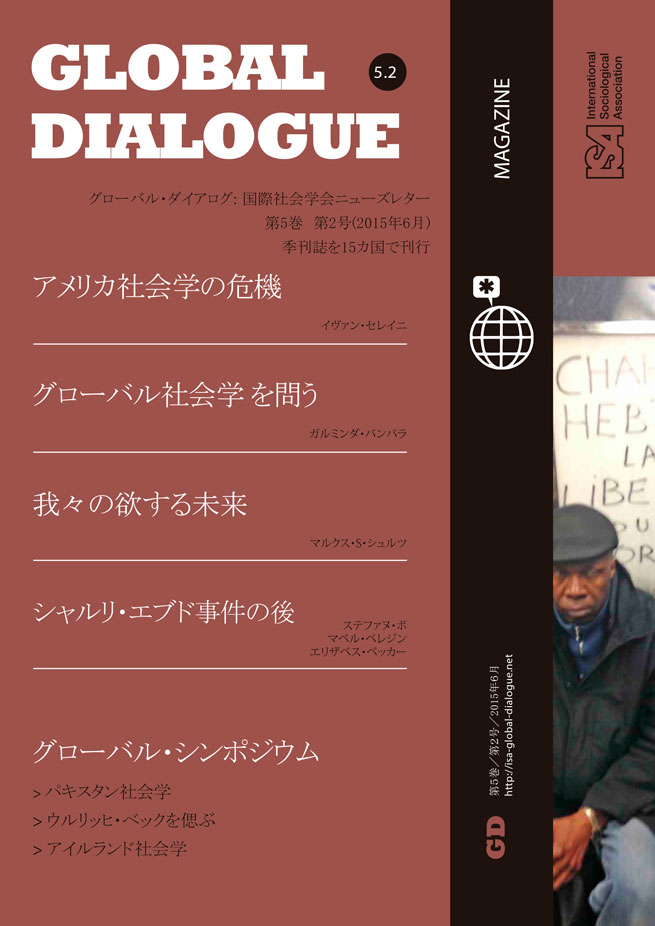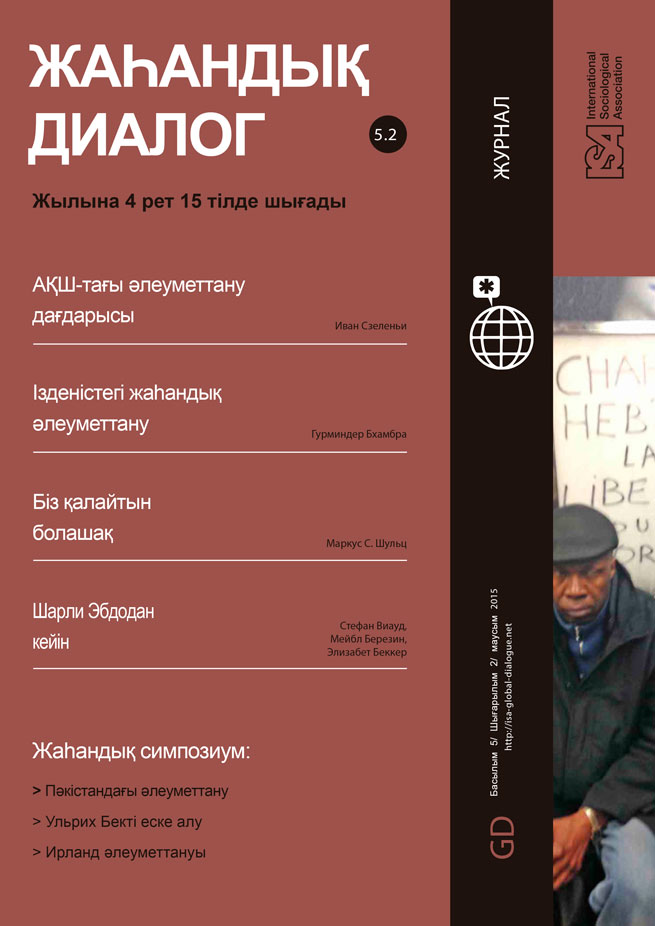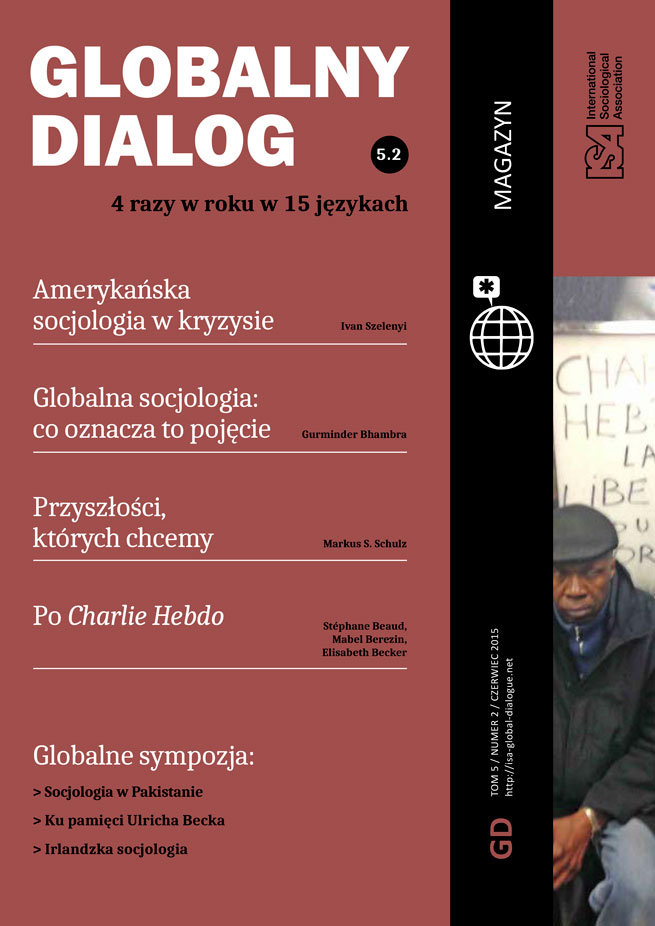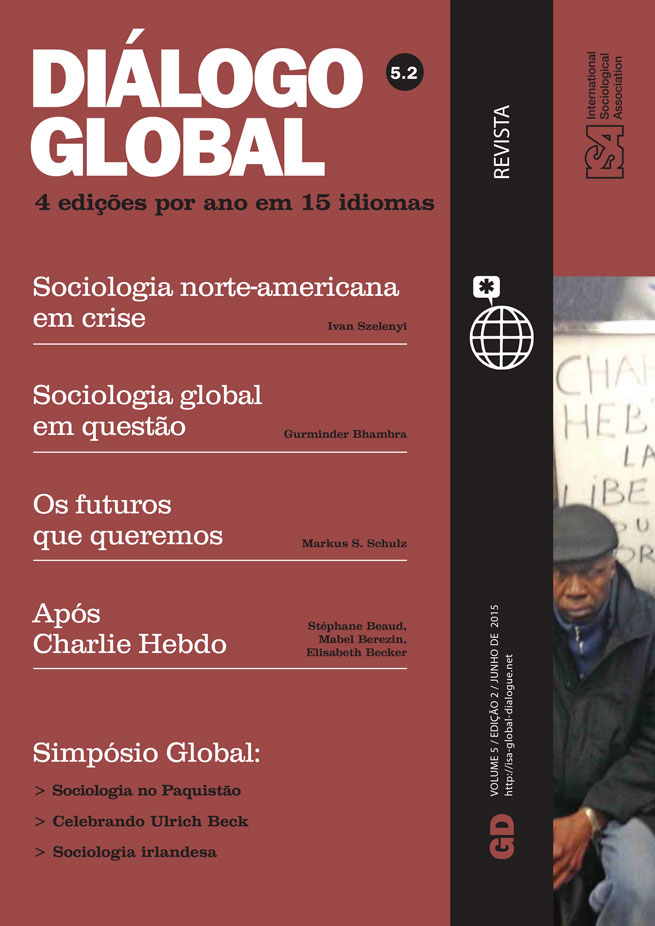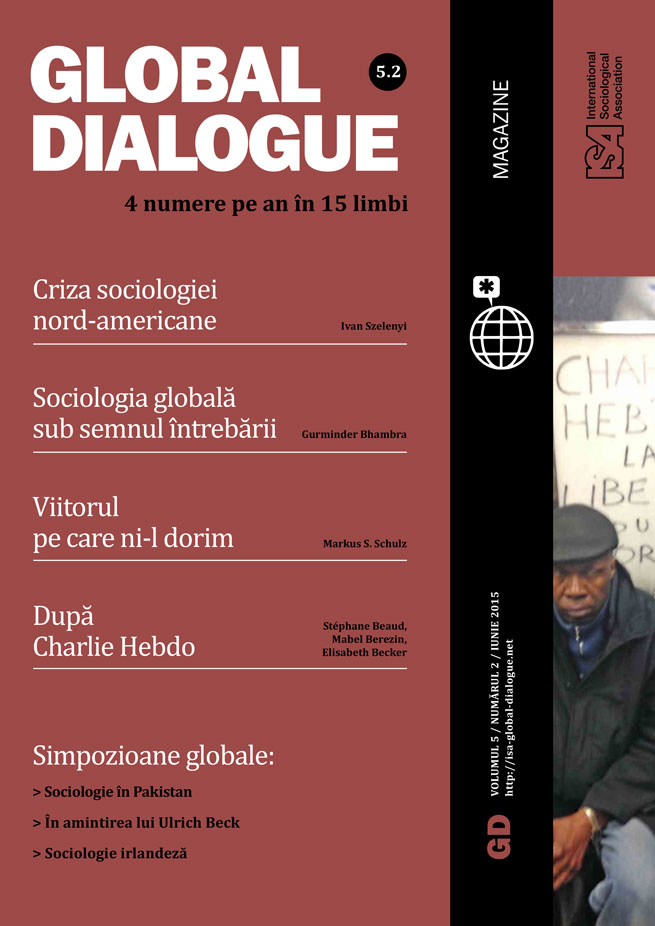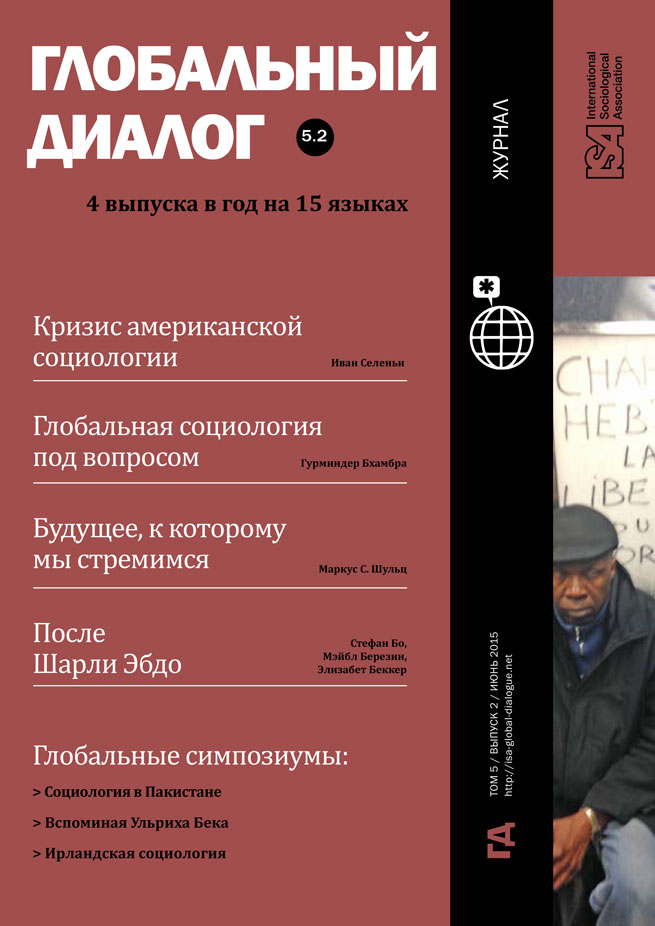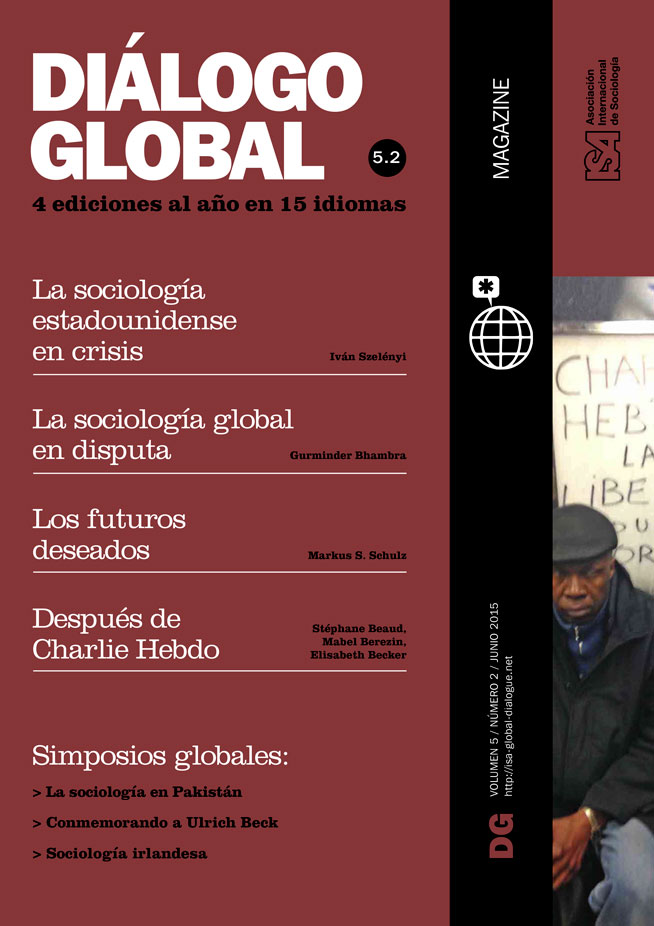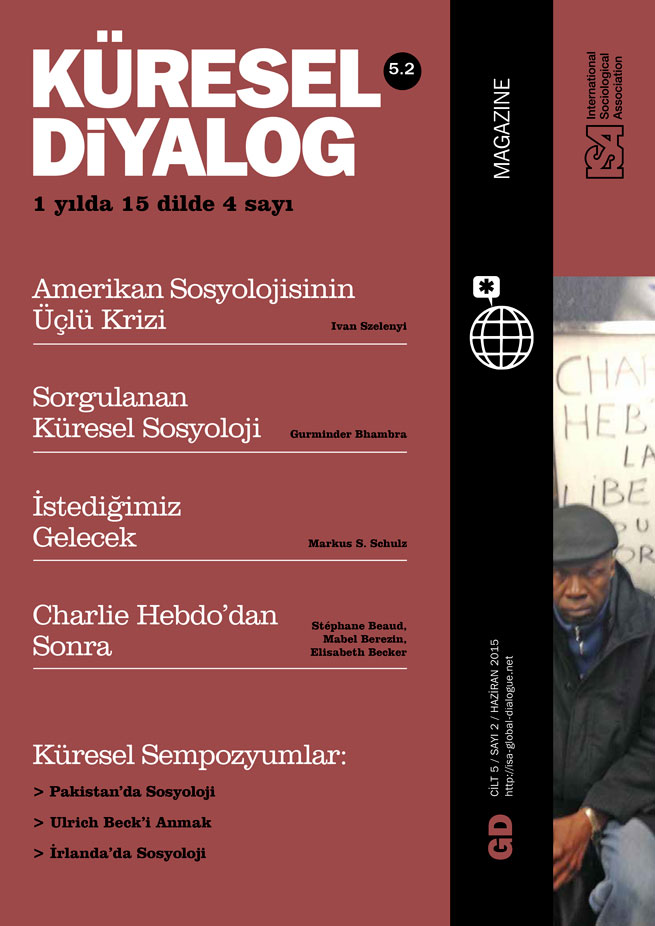Ulrich Beck’s Risk Society triggered an intellectual earthquake in Germany upon its initial publication. Beck asserted the controversial position that social reality no longer corresponded to sociologists’ terminology, arguing that a quasi-revolutionary shift towards a new variant of modernity had occurred within the seemingly intact institutional shell of industrial modernity. Whoever sought to comprehend this shift would have to break with the dominant “Marxist-Weberian modernization consensus” and its assumptions of linearity. Beck considered mainstream sociological theories of modernization – especially the process of capital accumulation (Marx) or the linear growth of rationalization and bureaucratization (Weber) – to be “supra-subjective constraints” prescribing a grammar for social actors, to which all social activities were expected to conform. A theory of reflexive modernization, he argued, would have to break with assumptions of linearity, replacing them with an argument of self-endangerment: “further modernization [is] dissolving the contours of industrial society.” Over the course of an autonomized process of modernization, industrial society was being “overrun, even ‘abolished,’ just as industrial-society modernization disembedded status-based and feudal society and re-embedded itself.”
Beck viewed three developments as indicators of the transition to a different modernity. The first involves the unforeseen side-effects of industrial production, which in Beck’s view have become the actual driving force of history. Ecological risks and the irreversible effects they entail constitute a serious global threat – a “democratic Allbetroffenheit,” a threat that concerns all of us, ultimately making no distinction between workers and capitalists. Progressively overtaking the “logic of wealth distribution,” Beck argued that the “logic of democratic risk distribution” can no longer be understood in terms of class struggle, rationalization or functional differentiation. As Beck put it: poverty is hierarchic, smog is democratic!
This ecological social conflict is, secondly, accompanied by an individualization of social inequalities. While the gaps between social groups may not have decreased during the postwar decades, they were raised up one or even several levels, in a kind of “elevator effect” (Fahrstuhleffekt). Even the poorest possess, on average, significantly more than previous generations, and can choose from an individualizing array of choices.
Traditional social milieus have been progressively eroded: class and stratum are no longer experienced in one’s lifeworld and thus represent mere statistical figures. The individual remains the last productive unit of the social within the lifeworld experience, forced to become the planning center of his or her own patchwork biography, lest he or she run the risk of being at permanent disadvantage. Subjects are “set free” from the social forms of class, layer, or gender roles and instead “released” into the practical constraints of social organization.
This is where for Beck, thirdly, civil society’s sub-politics emerge, as the unforeseen side-effects of industrial production dissolve the boundaries between the political and non-political. Scientific-technological progress becomes liable to social categories of legitimation and justification. Regardless of whether the subject is nuclear power or genetic engineering, experts must always be prepared for so-called laymen with alternative knowledge to intervene in debates. In this way, the ecological social conflict changes the political coordinate system as a whole. Obsolete distinctions between left and right become fragile. The new Right promotes the unleashing of rapacious, uncontrolled market forces and accelerated technological progress, while an ecologically enlightened new Left adopts conservative principles of preservation, applying them to a natural environment that has always been processed and socialized. The emergence of ecological movements and green parties, along with corresponding programmatic changes in other political forces, represent developments which can be accounted for, to a significant degree, by the shifting boundaries between the political and the non-political.
Over his career, Ulrich Beck sometimes modified Risk Society’s core theses, but above all he refined them. Ultimately, he stood by them to the very end. While Risk Society was perhaps a rather German book, particularly its section concerning the individualization of social risks, Beck soon proceeded to address the world risk society which had emerged as a result of the globalization of ecological threats. Beck argued consistently against the “methodological nationalism” he considered pervasive throughout sociology. In its place, he advocated a cosmopolitan perspective, capable of taking trans-national spaces and cross-border sub-politics into account, even within the complex dislocations of the world risk society. In his efforts to formulate a theory of reflexive modernization adequate for theorizing contemporary societies, Ulrich Beck soon found prominent allies, such as Anthony Giddens, Scott Lash and Bruno Latour.
Were we to take preliminary stock of Beck’s contributions, his sociological reading of the ecological social conflict may turn out to be the most convincing aspect of his work. His deliberations on the definition – and knowledge – of ecological risks, as well as his discussion of the “countervailing power of danger,” remain highly topical. Indeed, the risks associated with climate change take center stage in today’s framing battles and political negotiations. They can of course be temporarily sidelined (as is currently occurring in the context of the Euro crisis) but will almost certainly return all the more forcefully in the form of social upheavals.
Beck’s lasting achievement is to have identified this reality and to have translated it into sociological terminology. True, his diagnosis of a “capitalism without classes” is called into question today by a veritable “return of class,” as class differences within states become more pronounced even as economic imbalances between states worldwide decrease. Social dislocations, declining growth rates and ecological catastrophes turn the “logic of wealth distribution” and the “logic of risk distribution” into mutually reinforcing drivers of an economic-ecological “pincer crisis.” The elevator to the top has been replaced by a kind of paternoster effect, elevating one group precisely because it is sending other groups downward.
While Ulrich Beck clearly saw these developments (which incidentally suggest the ongoing relevance of elements of classical theories of capitalism), he was unable or unwilling to analyze a non-traditional class formation. Yet Beck had an extraordinary sense for the Zeitgeist, for new and unexpected developments. More recently, as a cosmopolitan and democratic European, Beck raised his voice against a “Merkiavellism” that subordinates southern Europe to perpetual indentured servitude, thereby threatening the European Idea and its often flawed implementation.
Ulrich Beck left behind an impressive intellectual footprint. Without him, I surely would not have become a sociologist in the first place. He has passed much too soon, and his loss leaves a gap that will be impossible to fill. It will take some time for German as well as European sociology to even realize what has been lost with Ulrich Beck. The theory of reflexive modernization remains a fragment. To reassert its original potential for innovative thinking may be one way to address and further develop Ulrich Beck’s intellectual legacy.
(This article was translated from German by Jan-Peter Herrmann and Loren Balhorn.)
Klaus Dörre, Friedrich-Schiller-University, Jena, Germany and member of ISA Research Committees on Sociological Theory (RC16), Sociology of Work (RC30), Labor Movements (RC44), and Social Classes and Social Movements (RC47) <Klaus.Doerre@uni-jena.de>
